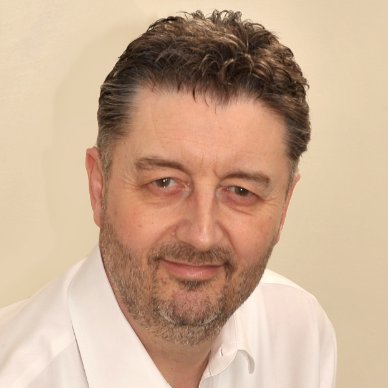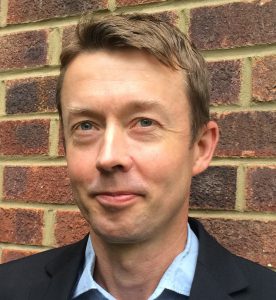The team behind VolDECs
Voluntary Display Energy Certificates (VolDECs) were originally developed through a partnership between the National Energy Foundation and Phil Jones of Building Energy Solutions. Since then Carbon Descent has taken over NEF’s role and developed the VolDEC web platform. The scheme was initially funded by Legal & General Property and was successfully tested on 16 of its major, multi-tenanted office properties.
Building Energy Solutions is an independent energy consultancy with a track record of over 25 years specialising in addressing energy problems in the built environment. BES provides training, research and building/technology troubleshooting across the non-domestic building sector.

Carbon Descent is an independent company based in Bishops Stortford, which has been at the forefront of improving the use of energy in buildings since 1998.
Phi l Jones, Senior Energy Consultant, Building Energy Solutions
l Jones, Senior Energy Consultant, Building Energy Solutions
“VolDECs are a real step-change for commercial buildings that currently don’t use DECs and will help engage people in dealing with the energy performance gap.”
Phil Jones is an independent energy consultant with over 30 years’ experience in the built environment sector. He has spent his career trying to make buildings more energy-efficient and investigating failing buildings. For the last 25 years he has run the independent energy consultancy Building Energy Solutions where he carries out building energy research and training across a wide range of buildings and technologies. Phil is the original author of CIBSE Guide F – Energy Efficiency in Buildings. He also wrote CIBSE TM31 on Building Log Books and CIBSE TM39 on Building Energy Metering. Phil is a leading specialist on energy benchmarking of buildings, he chairs the CIBSE Energy Performance Group and is a member of the CIBSE Benchmarks Steering Group. In 2010, he was involved with UCL in analysing the DEC database for CIBSE.
Chris Dunham, Managing Director, Carbon Descent

“VolDECs’ separate landlord and tenant ratings provide a unique approach in dealing with what was an intractable energy problem and they help people to understand what they can control and improve.”
Chris has worked at Carbon Descent since the organisation’s inception in 1998 and became its Director in 2001. With qualifications in both engineering and architecture and 23 years’ experience in the field, he has an excellent understanding of the range of solutions open to organisations to reduce their carbon reduction emissions and with a particular interest in both software model development energy auditing and heat networks. Over the last year he has been developing a custom version of Carbon Descent’s energy auditing software for DECC. Over the last 3 years he has provided training in heat network modelling to many of the key players from the industry ranging from utilities such as SSE & EON, to construction companies such as Vital Energi and consultants such as, Aecom, Atkins Arup and Fichtner. More recently he has developed a model of the pioneering heat network scheme in Islington incorporating both heat pumps drawing their heat from waste sources at varying temperatures and CHP alongside thermal storage.
